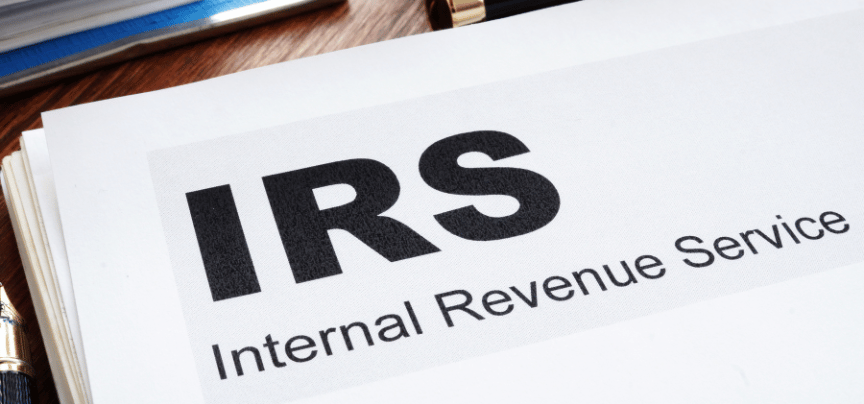
The IRS considers some incorrect tax actions negligent, while other actions constitute fraud. An investigation will determine whether the agency will pursue criminal charges.
Review the federal laws about tax fraud and evasion.
Types of tax evasion
The IRS may charge a taxpayer with evasion if he or she:
- Files a false tax return
- Makes fraudulent statements to an IRS official
- Purposely does not report all income for the tax year
- Purposely does not pay tax debt
- Purposely does not file a tax return
Usually, the IRS investigation will attempt to distinguish an honest mistake from a willful action. However, even errors carry a penalty of 20% of the underpayment amount.
IRS red flags
Some of the indications of fraudulent activity include:
- Credit and exemption claims for dependents who do not exist
- IRS activity using a fake Social Security number
- Personal purchases categorized as business expenses
- Double books for a business
- Suspicious transfers or other attempts to conceal income
- False tax returns or documentation
- Exaggerated exemptions and deductions
Tax evasion penalties
Penalties for tax fraud convictions vary based on the specific charge. Felony tax evasion carries up to five years in prison and a fine of up to $250,000. Making false statements to the IRS is also a felony and carries up to three years in prison and a fine of up to $250,000.
Failure to file or pay taxes as expected constitutes a misdemeanor offense. An offender could receive up to one year in prison and a fine of up to $100,000.
The IRS Criminal Investigation Department handles these cases, which usually surface after a tax audit or consumer tip.
